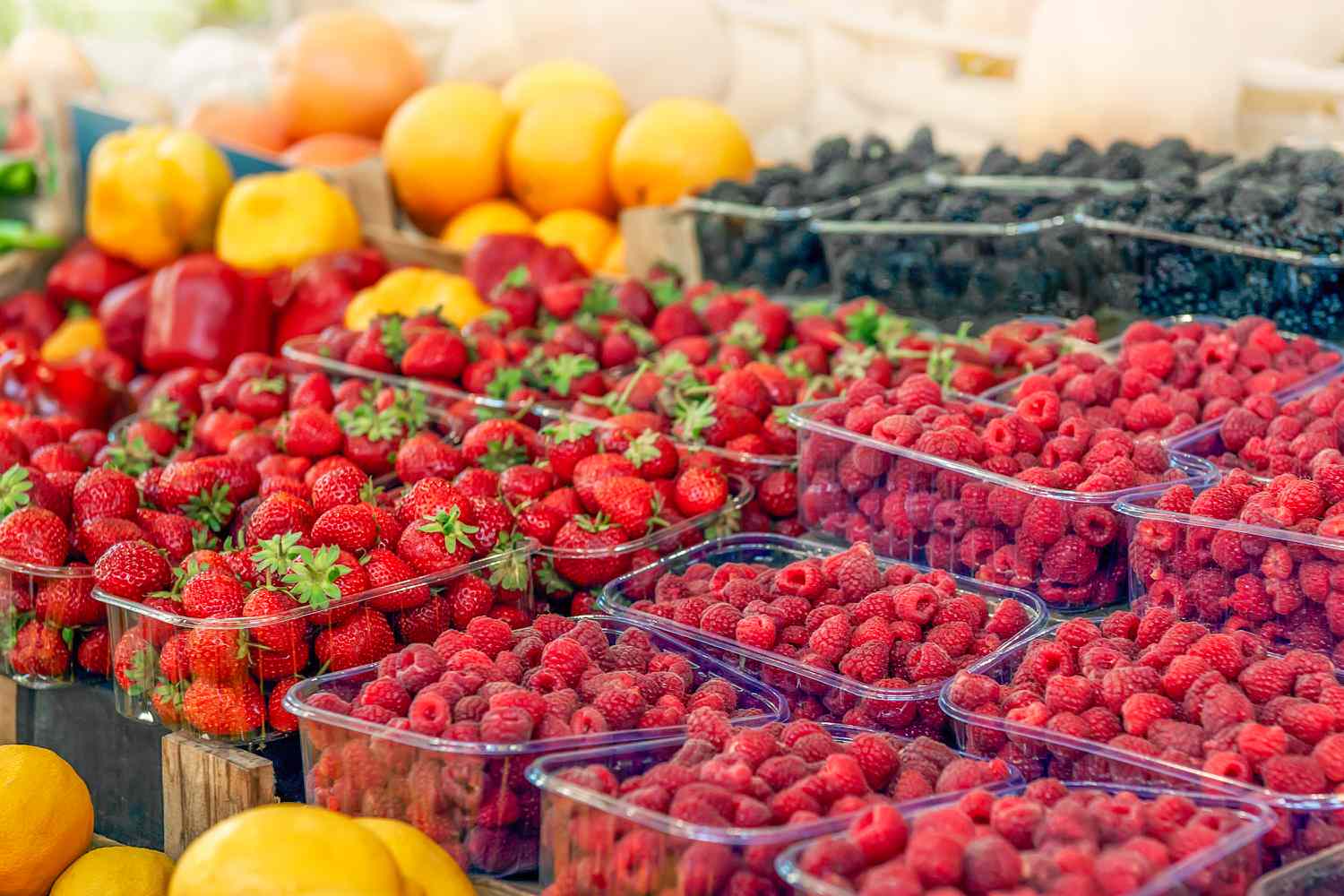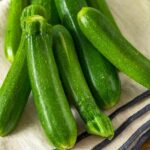Fresh strawberries are one of the most popular fruits of the summer, but according to studies, they are the most likely to be contaminated with pesticides. Strawberries once again top the list of the twelve fruits and vegetables most contaminated with pesticides compiled by the Environmental Working Group (EWG).
“Strawberries are a difficult crop to grow and are vulnerable to insects and other pests, including spoilage microbes. That's the main reason why pesticides are needed or there is no crop to pick or harvest,” says Keith Warriner, a professor in the department of food science at the University of Guelph in Ontario.
For the EWG’s 2024 guide, researchers at the environmental and health advocacy group examined more than 47,000 samples of 46 fruits and vegetables. Non-organic strawberries contained an average of eight pesticides per sample. The rest of the list includes spinach, kale, collard greens, mustard greens, grapes, peaches, pears, nectarines, apples, bell peppers, hot peppers, cherries, blueberries and green beans.
Warriner points out the strict regulations governing the use of pesticides. He assures consumers that strawberries are not at risk of exceeding these limits and that even the smallest amounts would be quickly detected.
“Therefore, even if pesticide residues are present, they would be in low quantities. Consumers should therefore not be overly concerned, as the benefits of fruits and vegetables outweigh their disadvantages.”
Carl Winter, Ph.D., professor emeritus of food science at the University of California, Davis, questions the way the “Dirty Dozen” rankings are determined, suggesting that “it is the amount of a chemical, not its presence or absence” that determines the magnitude of the risk.
“The best thing consumers can do is eat fruits and vegetables, period, whether they're conventionally produced or organic,” Winter says.
“I fear that rankings like the Dirty Dozen will make consumers fearful of eating fruits and vegetables and lead to less consumption of these healthy foods.”
Simple Recipes / Getty Images
Does washing remove pesticides from strawberries?
It is advisable to wash all fruits and vegetables before eating them. This can reduce the risk of foodborne illness, but cleaning does not always remove pesticides.
“You may notice that some strawberries have a waxy coating that prevents mold from growing,” Warriner says. “This coating is not easily washed off, and even without it, washing would only remove a portion of it.”
He says researchers need to continue developing methods to grow strawberries without pesticides and ways to remove pesticides from produce.
“Water washing is not effective in removing chemical or microbiological contaminants from fresh produce,” says Xiaonan Lu, Ph.D., a professor of food safety at McGill University in Quebec. “Cooking is effective in killing microbes, but chemical residues remain during heat treatment.”
Although small amounts of pesticides may be removed when produce is cleaned, Winter says that “normal levels of pesticides found on fruits and vegetables do not pose a risk to consumers.”
Simple Recipes / Getty Images
What about organic strawberries?
Fruits and vegetables are an important part of a healthy diet, so the EWG doesn't want the list of the top 12 most harmful foods to discourage consumers from eating fruits and vegetables. The organization recommends that consumers opt for organic versions of foods on the list, such as strawberries.
According to Warriner, the organic label doesn’t mean no pesticides were used, but there are generally more restrictions. “While organic implies no pesticides, the reality is that pesticides can be used when needed,” he says. “Organic growers can select cultivars that are naturally resistant to certain pests and grow them in soilless systems with covers.”
Buying organic may be an option for consumers who want to be sure they are consuming fewer contaminants. Winter says, “But they have to be willing to pay a lot more for organic berries when the low levels of pesticide residues that can be found on conventional berries pose no risk to consumers.”



